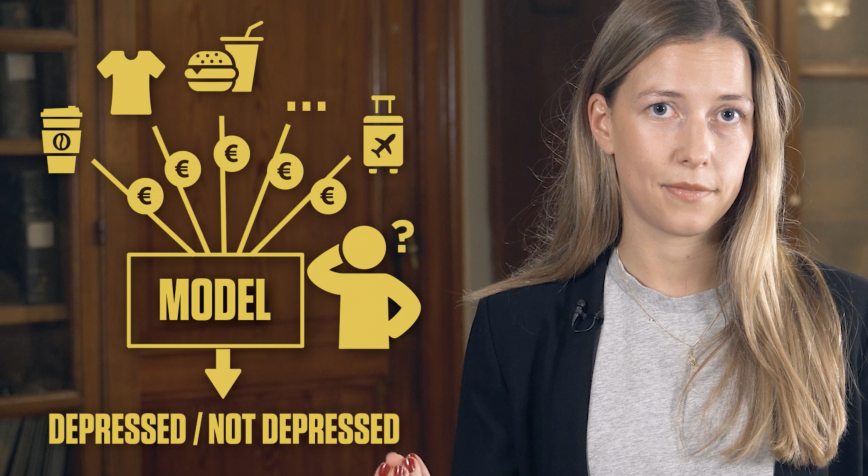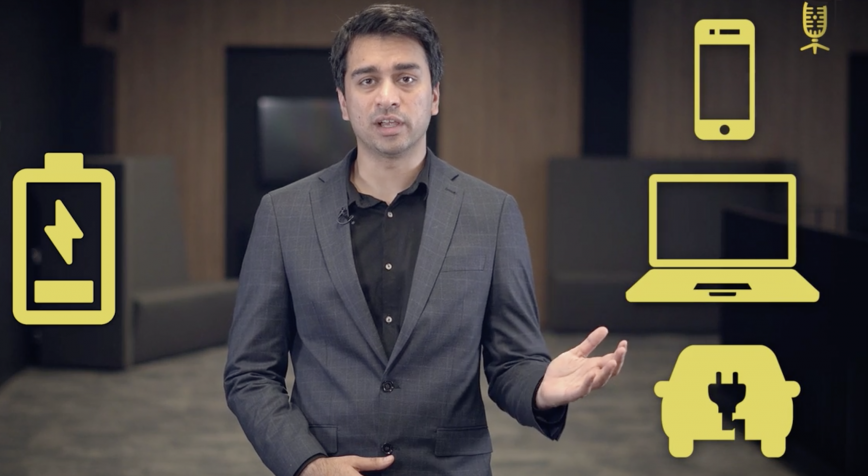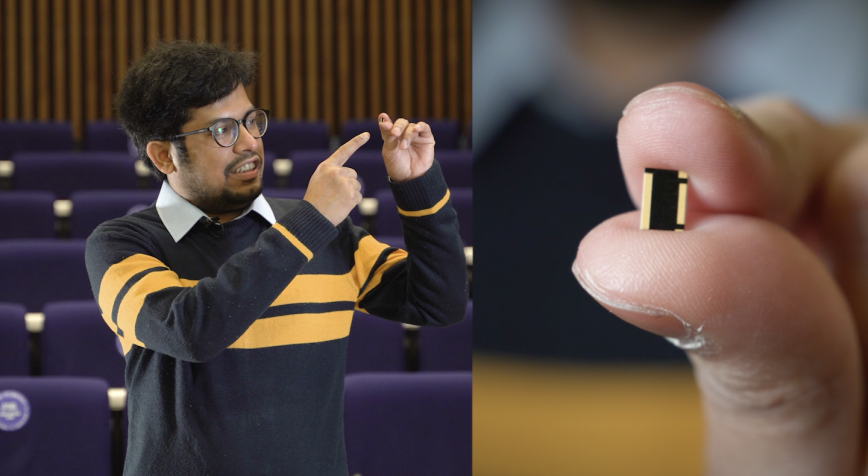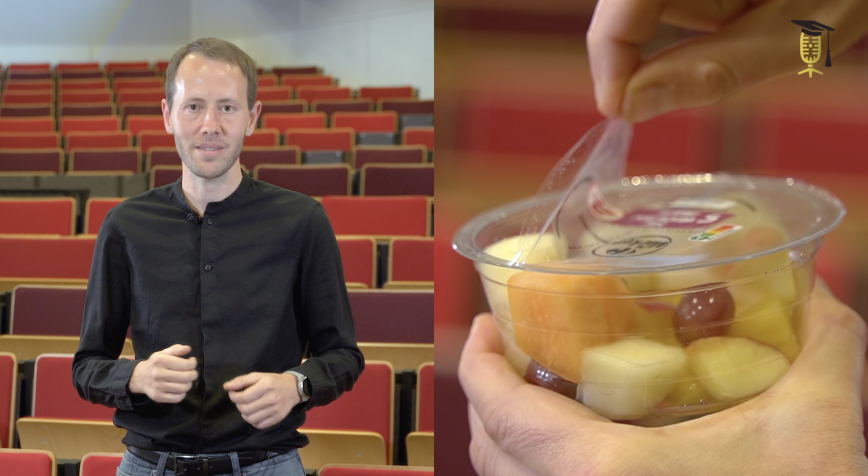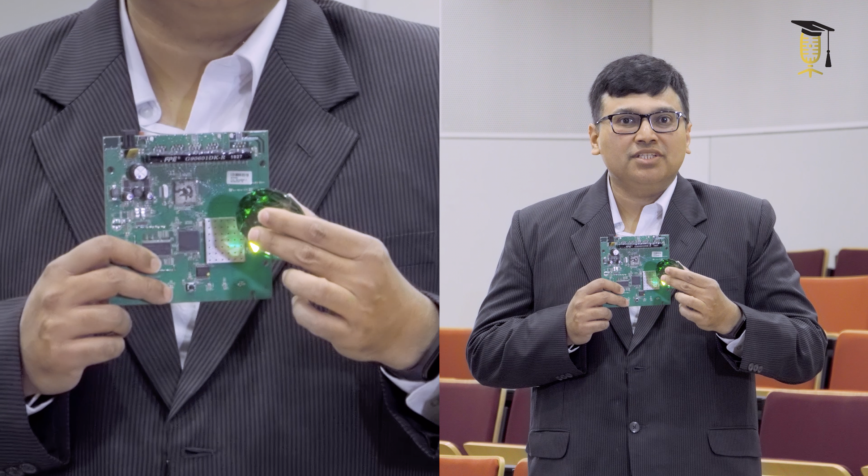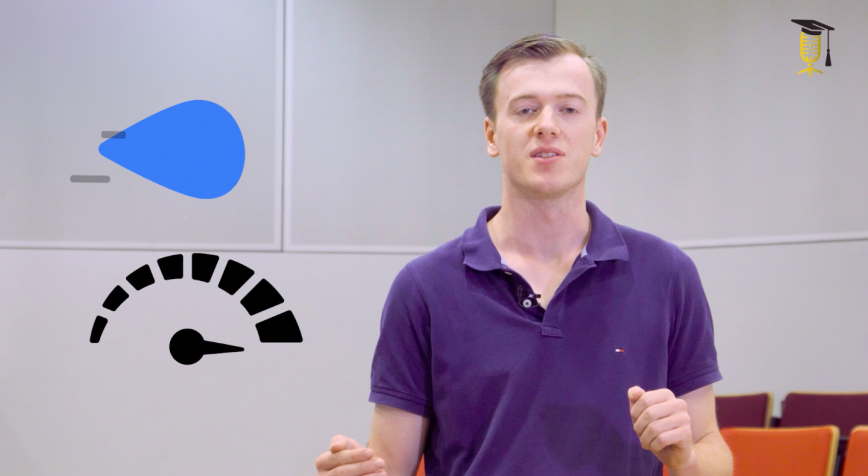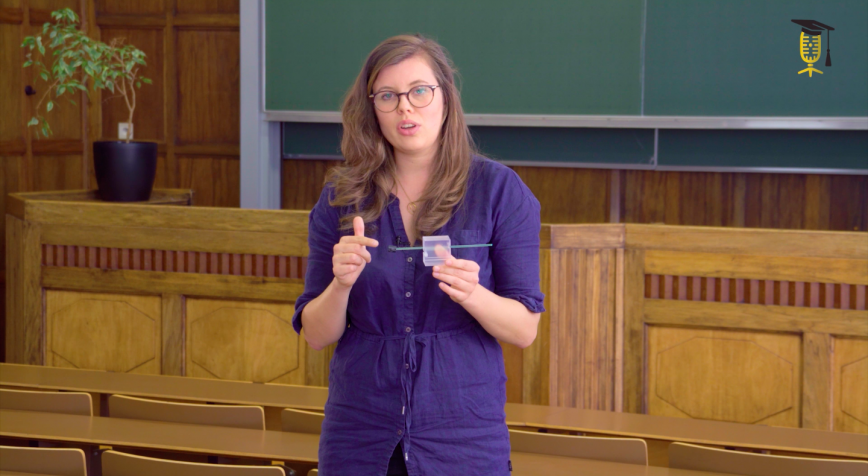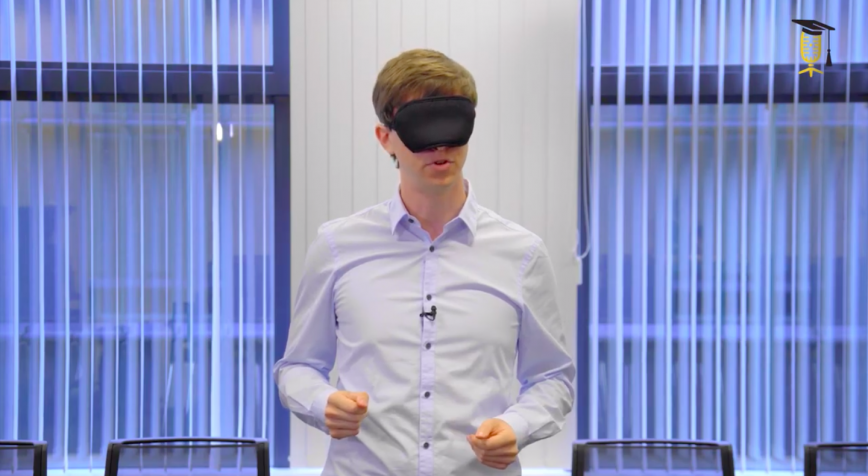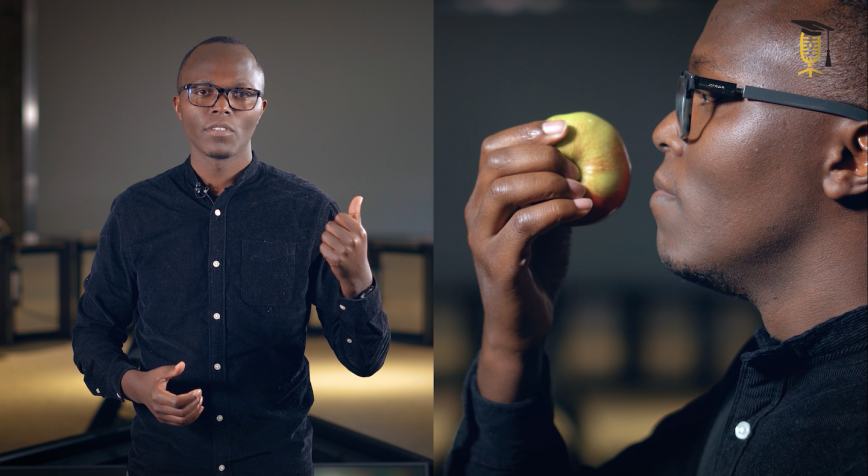
FWO
KU Leuven
Better storage leads to better apples
Meet Karimi Solomon, a researcher at KU Leuven - FWO. Karimi studies the aroma of apples. Does that mean he sniffs apples all day long? Not exactly. Watch the video to hear Karimi explain why & how he studies the aroma of apples.
